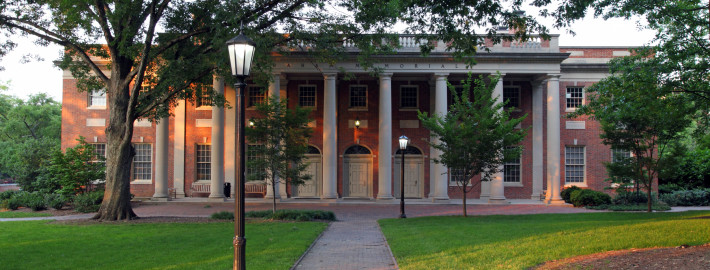A Public Honors College May Be Right for You
Public honors colleges are of relatively recent origin in American higher education. While a few have been around longer, the majority of honors colleges were founded after 1990. Their purpose is to attract to state university systems some of the high-achieving students who would otherwise attend an elite private university or liberal arts college. To mitigate this “brain-drain”, state universities have built up and emphasized their honors colleges.
Public honors colleges can offer a premier educational experience, one that may be considered to be on par with Ivy League schools. IvySelect recommends that you thoroughly evaluate honors colleges as part of your college selection process. We advise all students who seek a superior undergraduate education at an elite school to consider including a public honors college on their college list.
The advantages of attending a public honors college include the following:
- You receive the educational equivalent of a small, elite private school for much less money, especially if you are an in-state student
- You enjoy smaller classes and they are taught by top members of the faculty
- Honors students receive more attention from faculty, including faculty members who do not teach in the honors college
- Many types of merit scholarships are available to you that may not be available if you attend a private college or university
- Professors prefer to mentor honors students, either as part of a mentorship program or informally
- Professors may invite you to participate in research programs that will enhance your credentials for graduate school admissions
- You benefit from priority treatment in registration for all classes offered by the parent university
- In many honors colleges, you may choose to live in a special honors residence hall with better resources, more privileges, and an aura of community with like-minded students
- Honors colleges usually offer specialized interdisciplinary courses that integrate traditional fields of study
- Many honors colleges have a superior study abroad program with more options and opportunities
- A degree from an honors college serves as a strong credential for admission to graduate programs, including medical and law schools
- Letters of recommendation that you may obtain from honors faculty have a positive impact on your acceptance into the graduate program of your choice
- In some honors colleges, honors graduation guarantees acceptance into associated graduate programs in the parent university system
- Most honors colleges require a senior thesis or research project that will help prepare you for and foster admittance to your preferred graduate school
- Honors students usually receive special career assistance as well as graduate school admissions counseling services
Does a particular honors college operate as a discrete entity within the larger university or is it closely integrated within it? Which scenario do you prefer? When comparing honors colleges, questions like these should be answered in order to assess their fitness for you. Many details weigh as factors in the selection decision.
As with any type of elite college, you need to compare honors colleges carefully in order to determine which fit you best. They differ greatly in size, quality, curricula, fields of study, housing, philosophy, financial aid opportunities, and other significant characteristics. Working through the maze of differences can be a daunting prospect, especially if time is an issue.
IvySelect’s professional admissions consultants assist you by providing the detailed information that you need. We help you decide if an honors college is a good option, and, if so, which honors college is right for you. Your IvySelect college consultant then works with you to maximize your viability as a successful applicant to the honors college of your choice.





